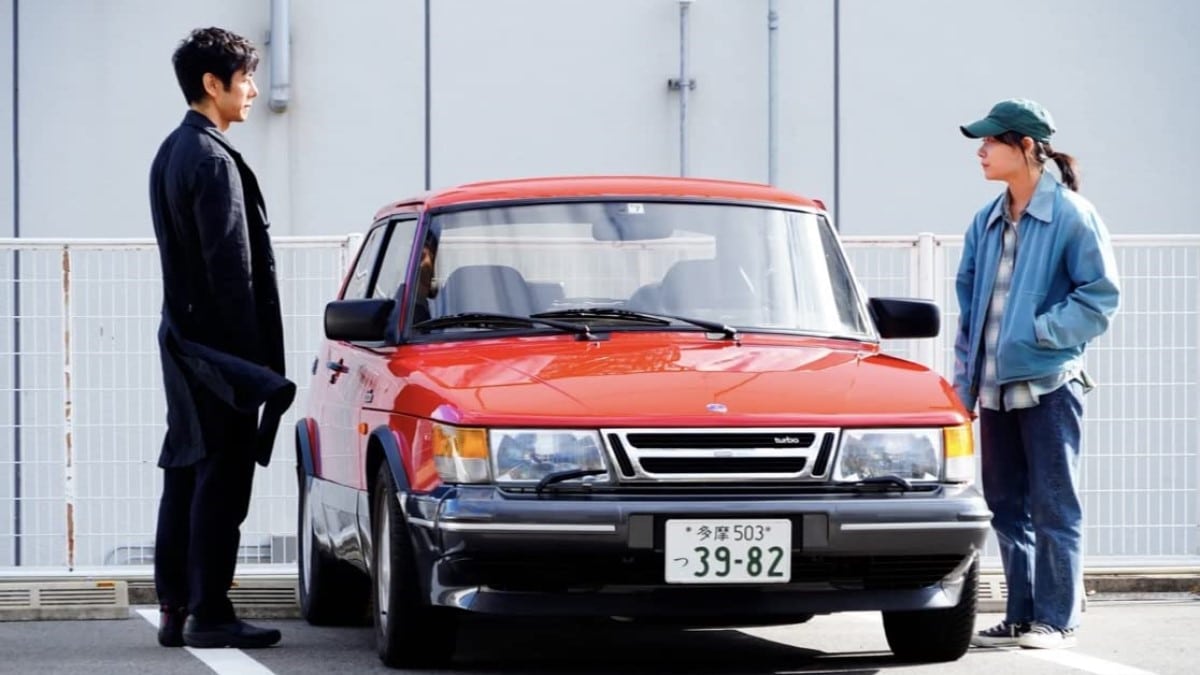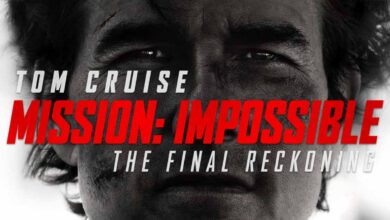Review: Drive My Car – 4 Oscar Nominations, including Best Picture
Having to bury your own children: what many people would consider the worst pain one could possibly feel. Drive My Car seems to up the ante even further; by having to bury a child, then having to bury the woman who gave your child life.
Nominated for four Academy Awards, including the Best Picture Oscar, Drive My Car looks at a famous actor/director’s emotional struggle in plain sight, and the plight of a young woman hired to drive him around town.
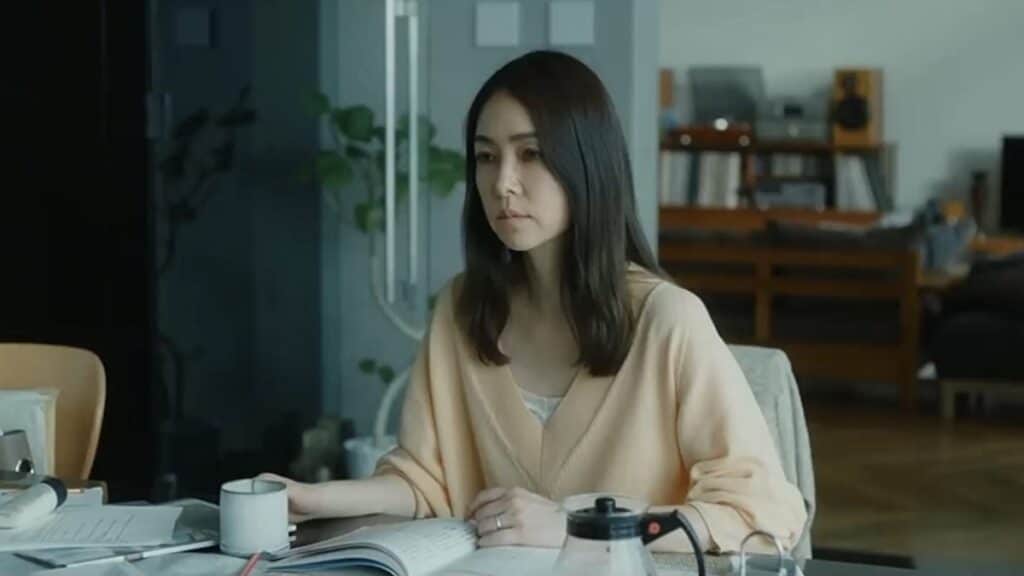
The Plot – Drive My Car
Yusuke Kafuku, played by Hidetoshi Nishijima, seems to be at the top of his game. A successful theater actor and director, married to the love of his life, and blessed with wealth and celebrity; Kafuku displays all the outward signs of success.
But, looks can be deceiving. Kafuku comes home unexpectedly to find his Wife in bed with another man. He experiences a minor fender bender, only to discover he is slowly going blind in one eye — not good for someone who loves to drive his car.
And most importantly, Kafuku comes home to find his Wife dead from natural causes. She wasn’t sick. She wasn’t murdered. And, she didn’t take her own life. Just dead without warning. Life can be great, but time can be cruel — even for those who don’t FEEL old.
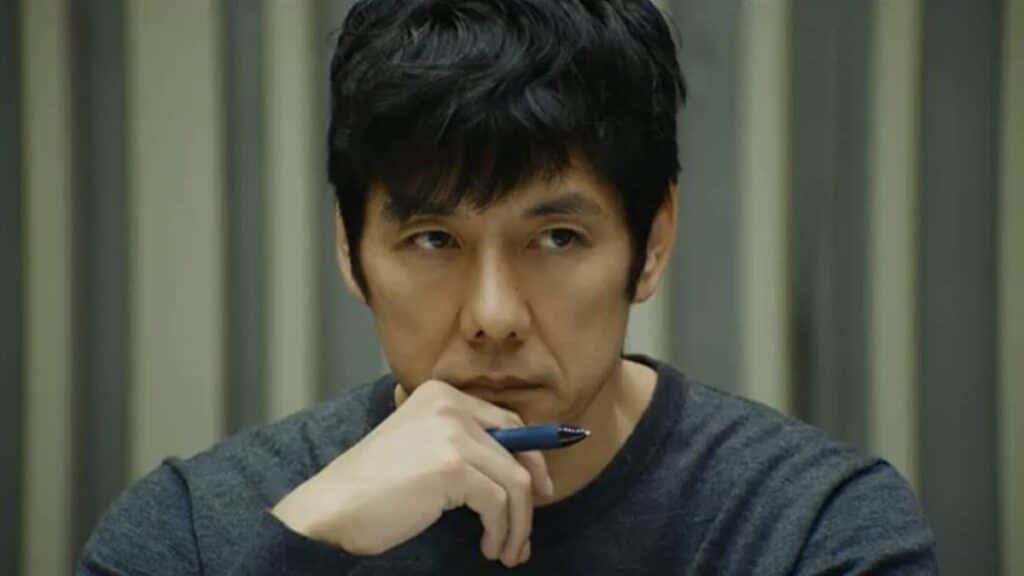
Two Years Later
Two years later, we find Yusuke Kafuku driving from Tokyo to Hiroshima to Direct a play for two months. The local theater manager greets Kafuku and gives him the lay of the land.
Everything seems to be in order, including his hotel located an hour away; except for one small detail. The theater won’t let him drive a car while working for them. He must submit to being driven around by a professional driver — no exceptions.
Drive My Car Instant Movie Review
23 year old Misaki Watari, played by Toko Miura, doesn’t impress at first glance. No makeup, swimming in her ill-fitting clothing, and soft spoken with eyes averting his gaze, she hides behind the scar on her face and the hat on her head.
Watari proves adept at her job, and blends into the background; quietly driving Kafuku’s car. The two will be spending a lot of time together driving to and from the theater.
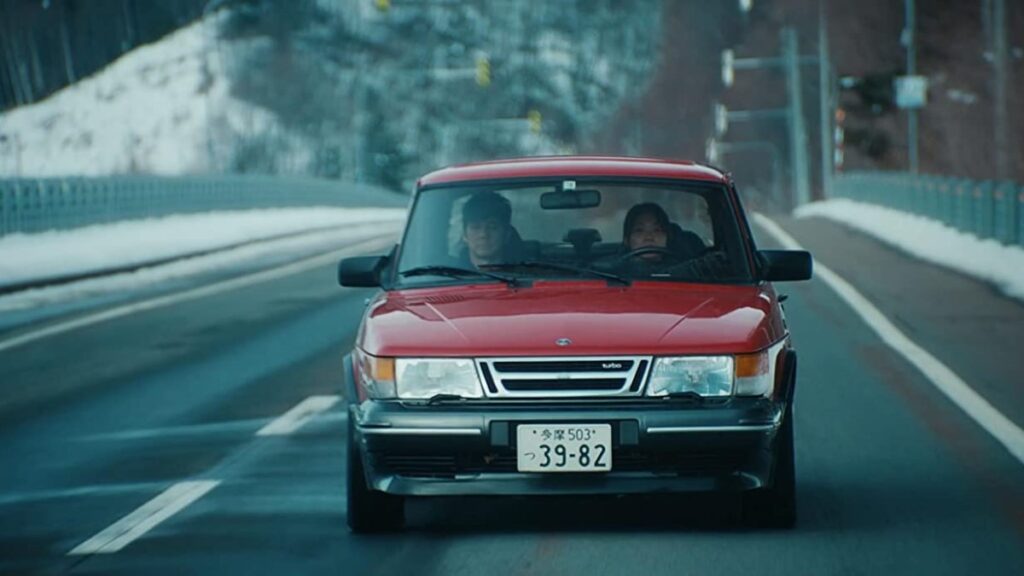
The Good – Drive My Car
The Car
Yusuke Kafuku’s car represents the third main character in this two person character study.
Kafuku drives a bright red luxury sports car, a 1987 Saab 900 Turbo. Clearly upscale and well maintained without as much as a faded paint job, The Car looks like it could have just come off the lot. But, when you start looking closer, one can’t mistake the car as ‘new’.
The Car’s maker, Saab, went out of business six years ago. They literally ‘don’t make them like this anymore.’
The Car drives from the left hand side, which seems normal for this American movie critic, until you realize that people in Japan drive of the left hand side of the road, and the driver’s seat in on the RIGHT HAND side of the car.
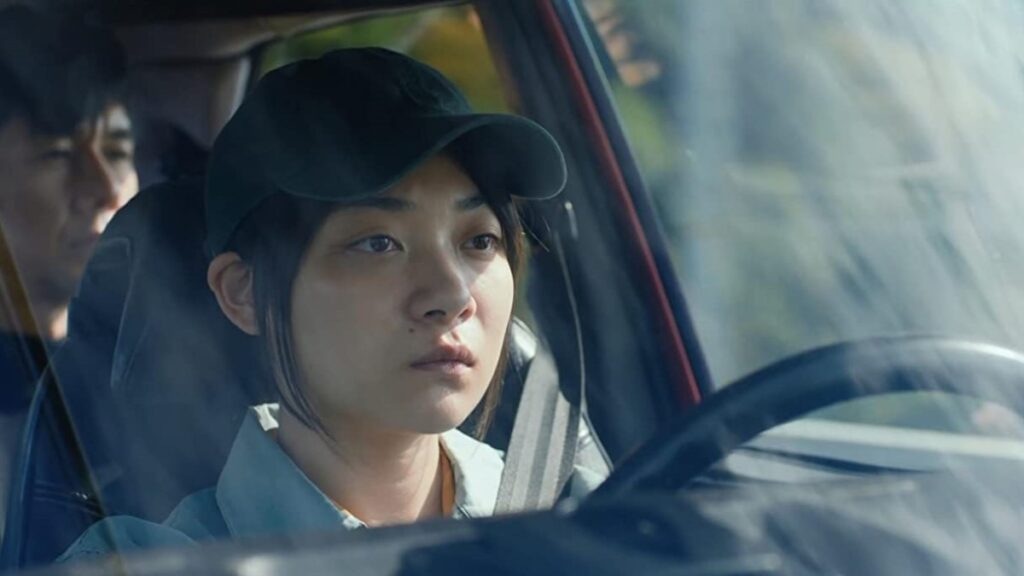
And, as Watari drives down the road, Kafuku asks her to put in the audio cassette. The Gen Z driver seems confused by the concept of a tape player in The Car, but dutifully plays the tape nonetheless.
The Car reflects Kafuku in every way; luxury and expensive in it’s time, well taken care of and still works perfectly; but time marches on, even if it hasn’t passed him by — yet.
The Car — like it’s owner — isn’t ‘old’ by any stretch, but it’s starting to realize that it can’t claim to be *new*, either, anymore.
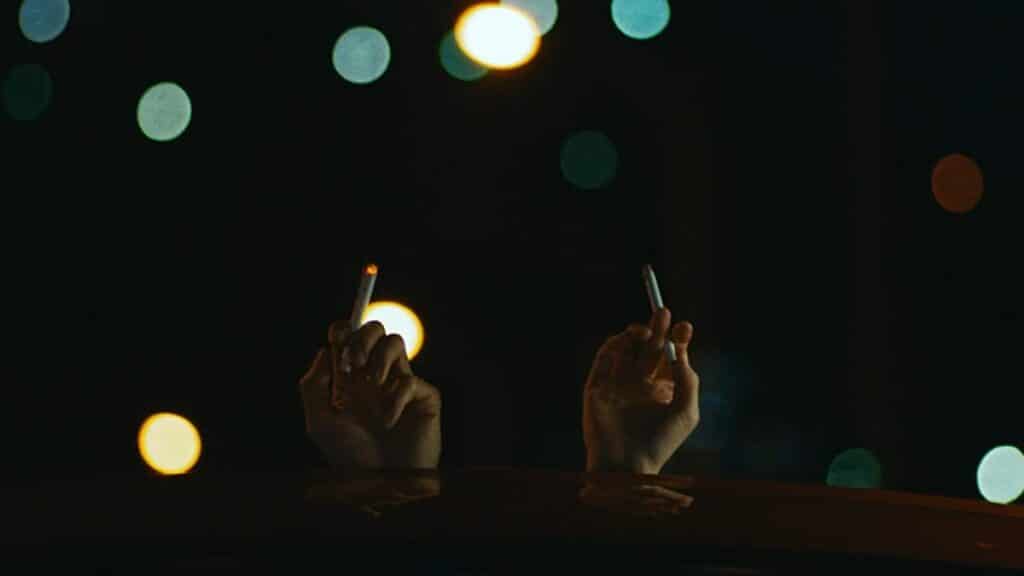
Mourning And Grief
Underlying both Kafuku and Watari’s characters is a lot of unprocessed grief. Both have had to move on with life after loss, and both maintain an outward appearance of being well mannered, well adjusted, professional adults.
However, both possess an emptyness to their souls. Their eyes gaze flatly, lacking emotion or connection to the people around them. Both function in their jobs, but seem to lack joy or satisfaction with what they are doing.
Outwardly, neither of them mourns, but neither of them seems to live, either. They exist, but they don’t thrive. Their shared numbness precludes an honest smile from crossing their faces. They feel no joy.
As ‘Drive My Car’ progresses, shared silence leads to shared experiences as Watari hears the voice of Kafuku’s deceased wife run lines with him for the play. Shared conversations lead to shared pain, which leads to shared emotional healing.

The Theater
I might not know much about serious dramatic theater, but a quick Google search confirms that the two plays shown in Drive My Car are considered some of the most significant and difficult theatrical works to perform.
At the start of the film, we see Kafuku performing on one of the most prestigious stages in Tokyo as one of two homeless men talking about God. Samuel Beckett‘s ‘Waiting For Godot‘ gets a reputation as being difficult to understand and carries the label ‘Absurd’ as a play.
As the movie progresses, Kafuku acts, then directs Anton Chekhov‘s ‘Uncle Vanya‘; considered a literary masterpiece, and a Dramatic Tragedy about aimlessness and hopelessness (thanks again, Google).
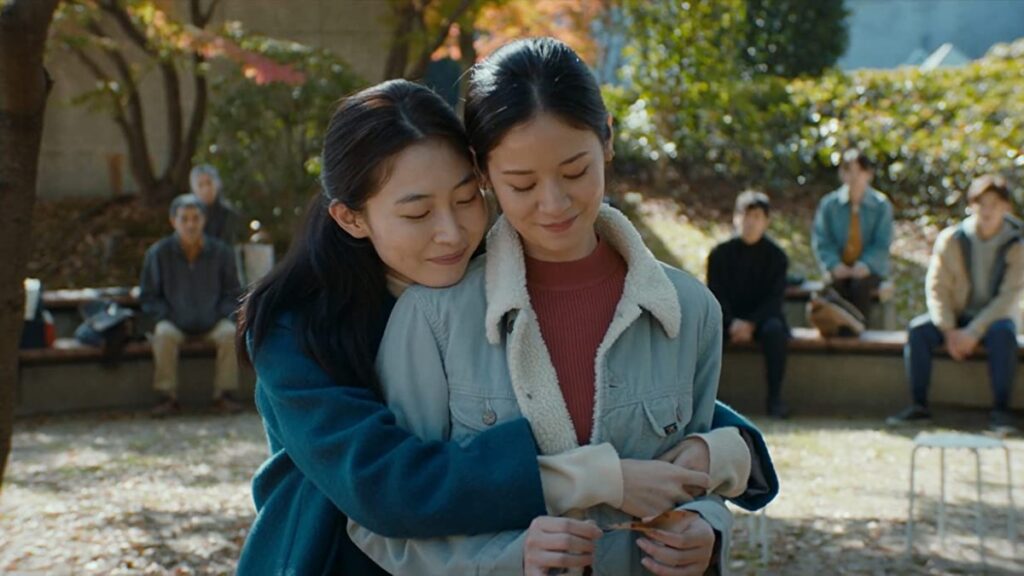
A movie within a movie as a trope has been done nearly to death. However, Director Ryusuke Hamaguchi substitutes these two works as a ‘play within a movie’; diving deep into the theatrical process, and tying the themes of the plays to the themes of the movie.
The parts of the ‘Uncle Vanya’ heard on audio tape as Kafuku rides to and from work reflect where his emotional journey is at that time. The rehearsals of Uncle Vanya by the stage actors also directly reflect on the current stage of Kafuku’s journey.

The Bad – Drive My Car
The Subtitles
While I’m not opposed to reading subtitles while watching a foreign movie; having to watch THREE HOURS of subtitles is a bit much.
The alternatives; mainly listening to an English dub, a shortened version of the movie, or just ignoring the subtitles entirely and just ‘feeling’ the translation; all lack as acceptable options. Each loses something in translation or performance; and each fundamentally alters the vision and story as intended by the Director.
While the shot selection and slower pace of the editing allow the viewer to not miss a beat; the constant shifting of my sightlines from the subtitles at the bottom of the screen to the faces at the top of the screen is tiring.
This may sound super, super nitpicky when critiquing a film; but when the length of the film and active work of translation affects ones ability to experience a film, it is worth noting.
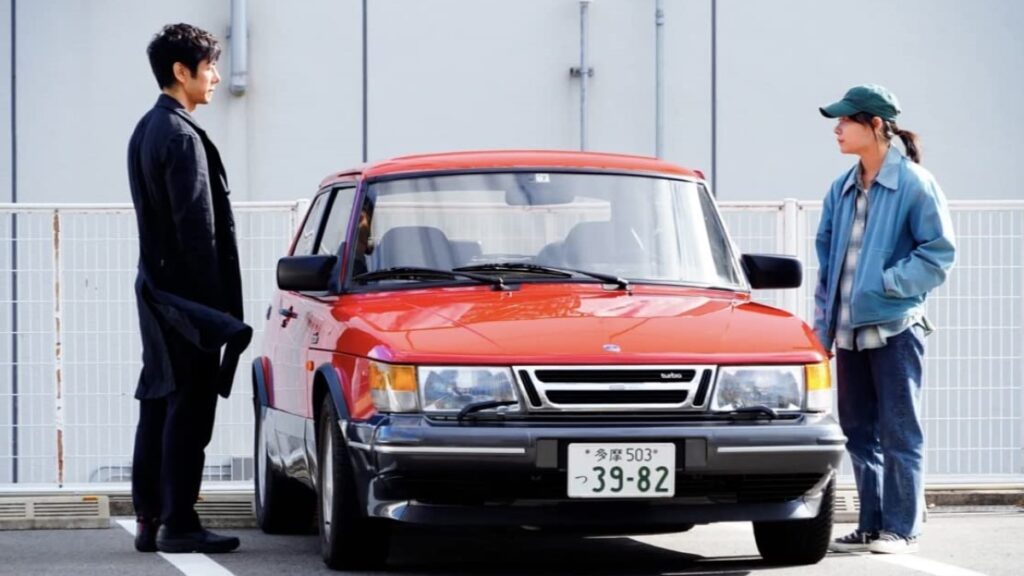
The Review – Drive My Car
Nominated for four Academy Awards, including Best Picture, Drive My Car looks at the long term effects of grief and mourning, regardless of one’s station in life.
It also looks at the aging process and the realization that none of us will live forever.
Hidetoshi Nishijima’s role as Yusuke Kafuku brilliantly shows us one man’s realization he is no longer in the prime of life, no matter how successful he has been. He also shows us the long process of coming to terms with that realization, in addition to the loss of his daughter and his wife.
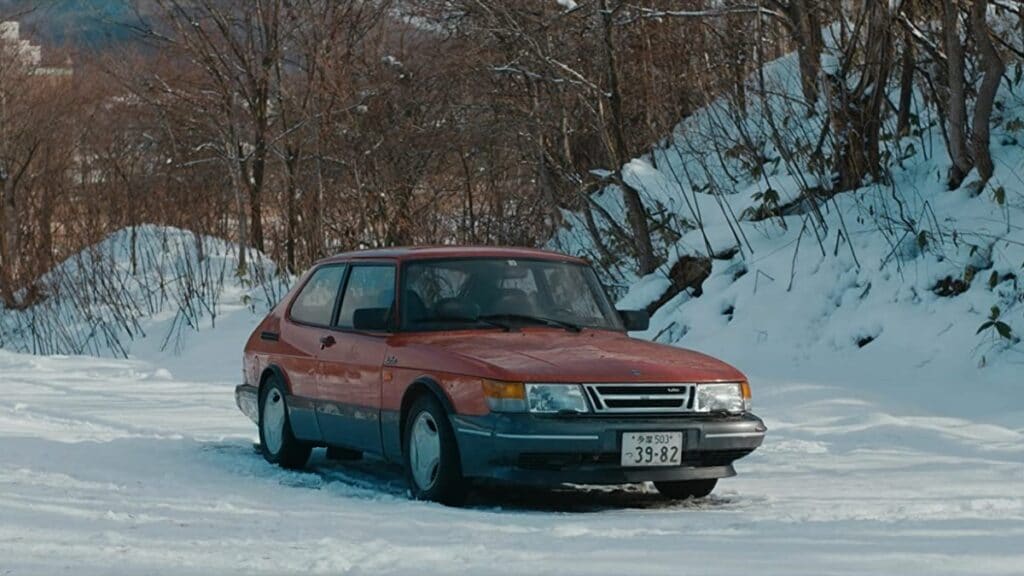
Toko Miura’s performance as Misaki Watari is just as compelling and happens in much less screen time. We don’t meet Watari until 45 minutes into the movie, and it takes much longer to truly get to know her reserved character after that.
A diverse cast, including a mute woman speaking with Korean sign language, an American raised Chinese woman speaking Mandarin, and the very man Kafuku saw cheating with his wife showing up to audition for him; show just how far his career has fallen. Yet, we still see Kafuku giving everything he has to local theater production.
The phrase ‘human condition’ gets over used in the movie review space, but it applies whole heartedly in Drive My Car. This film is brilliantly conceived and executed, yet doesn’t hit you over the head with it’s rather heavy themes.
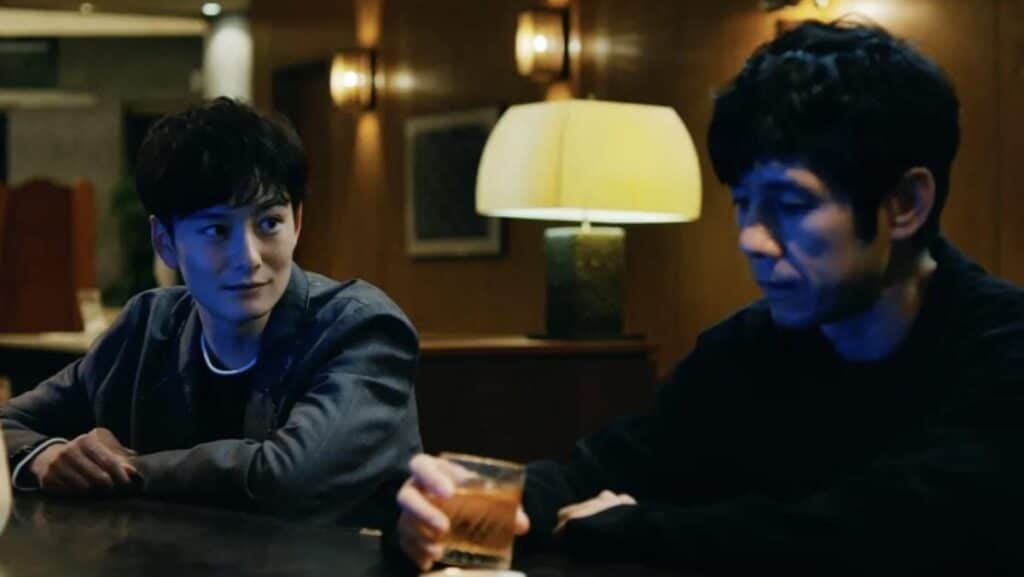
A three hour runtime in a foreign language may test your patience for reading subtitles for an extended period, but the time and attention is worth your effort.
Drive My Car is my pick for Best Picture (just edging out Belfast), and is absolutely worth watching.
Reika Kirishima, Park Yu-rim, Jin Dae-yeon, Sonia Yuan, and Ahn Hwitae also star.
Drive My Car IMDb Page
Dragon Movie Guy YouTube Channel
Dragon Movie Guy Instagram Page
Dragon Movie Guy Twitter Page
Dragon Movie Guy Facebook Page
Dragon Movie Guy Review Nation Author Page
Score
Score
Review Nation Score
Nominated for four Academy Awards, including Best Picture, Drive My Car explores mourning and loss in Japanese society.
